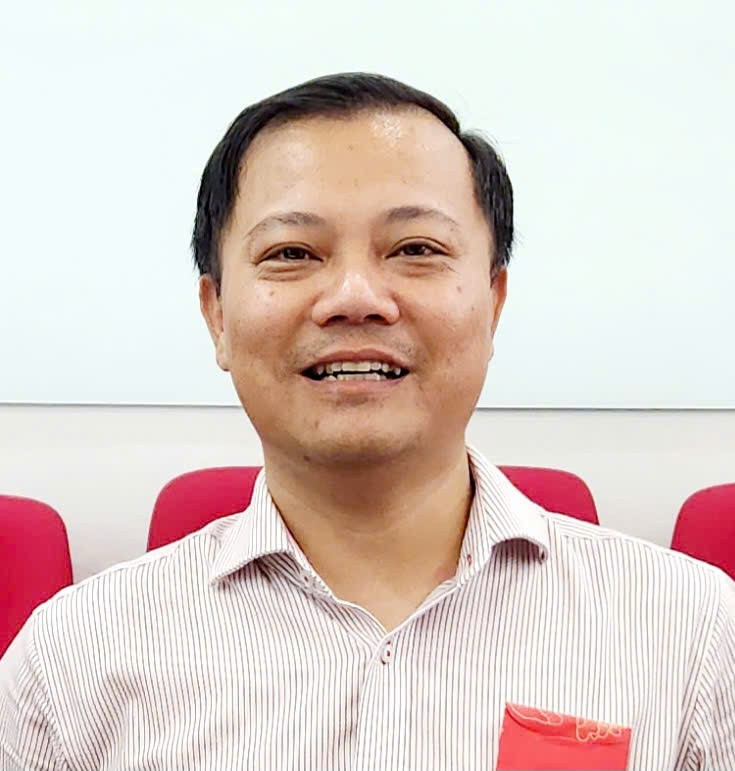
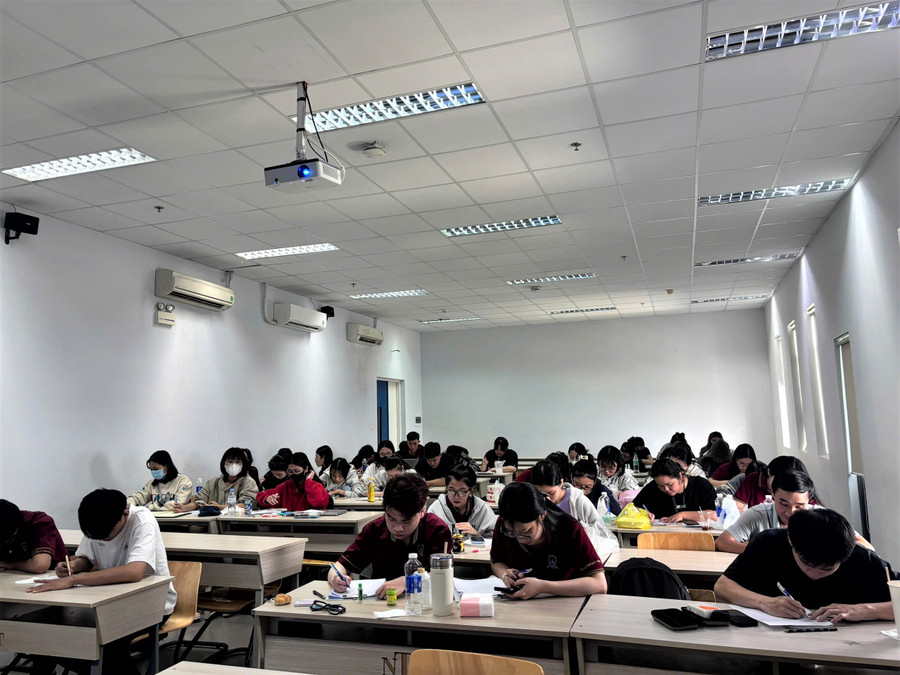
Photo below: Resolution 71, when applied in fundamental innovation of financial mechanisms and policies and investment in education and training, is extremely meaningful and urgent.
Fundamental innovation and solutions
According to the view of Dr. Nguyen Truong Ngoc - Lecturer of the Faculty of Law, Nguyen Tat Thanh University: "Resolution 71 is extremely meaningful and urgent. Therefore, we must innovate in management thinking: Not considering the state budget as the only source but must expand the legal framework, strongly encourage investment from society, from enterprises, from domestic and foreign organizations. The State plays a role in guiding, supervising, and creating transparent mechanisms to attract resources.
Thereby, innovation in resource allocation and use, specifically: Instead of spreading out, investment needs to be focused, targeted at key industries and fields, educational institutions training high-quality human resources. At the same time, priority must be given to investment in disadvantaged areas to narrow the educational gap...
…Next is innovation in the mechanism to support learners from tuition policies, scholarships, and credits that must ensure the principles of fairness, encourage learning, and ensure opportunities for all citizens to access education.”
Therefore, Dr. Nguyen Truong Ngoc proposed to innovate the financial and investment mechanism for education and training through the following solutions:
Throughout history, education and training have always been considered the top national policy, the foundation that determines the sustainable development of a country. In Vietnam, our Party and State have repeatedly affirmed: investing in education is investing in development. However, in the context of globalization, industrial revolution, competition for high-quality human resources, and increasingly fierce international integration requirements, our country's financial mechanisms and policies and investment in education and training need to be fundamentally, comprehensively and sustainably innovated.
“The 2019 Education Law, the 2020 Investment Law, and the spirit of Resolution 71 have created an important legal framework, paving the way for the mobilization and effective use of resources for education. The current issue is how to realize those mechanisms and policies, making education a key driving force in the country's development process(?)”, Dr. Nguyen Truong Ngoc raised the issue.
Complete, diversified, enhanced and guaranteed
According to Dr. Nguyen Truong Ngoc, in recent years, the State has devoted a considerable amount of resources to education. The annual budget expenditure for education usually fluctuates at about 18-20% of the total state budget expenditure. This is quite a high figure compared to many countries with the same income level.
However, there are still many limitations, such as: Uneven resource allocation, lack of focus; Investment capital is spread out, many programs and projects are ineffective or slow, leading to waste. Specifically, in many remote areas, educational facilities are still poor, students lack classrooms, and lack basic equipment; while in big cities, many non-public schools have modern investment.
Dr. Nguyen Truong Ngoc said that it is necessary to complete the legal corridor, review, amend and supplement the provisions of the 2019 Education Law, the 2020 Investment Law and related documents to simplify procedures, creating favorable conditions for organizations and individuals to participate in investing in education. Policy implementation must be consistent, stable and highly predictable to increase investor confidence.
In addition to the state budget, it is necessary to strongly encourage the form of public-private partnership (PPP) in the education sector, allowing businesses to invest in building schools, dormitories, vocational training centers, etc. with a reasonable benefit-sharing mechanism. At the same time, attracting foreign investment capital in a selective manner, ensuring that it is consistent with Vietnam's development orientation.
Thereby, it is necessary to innovate the method of budget allocation for education in the direction of "ordering - assigning tasks", linking budget expenditures with output results, avoiding the situation of equal allocation. Investment must be directed to key areas such as training high-tech human resources, artificial intelligence, renewable energy, healthcare ... in line with development trends.
Therefore, the use of budget and investment capital for education must be audited publicly and transparently to avoid loss and waste. At the same time, it is necessary to promote the supervisory role of the community, parents, students and social organizations.
Thus, tuition policy needs to take into account people's ability to pay, with reasonable exemption and reduction mechanisms for disadvantaged groups. At the same time, student credit programs, scholarships to encourage learning and talent need to be expanded, ensuring that no one is left behind due to financial difficulties.
Finally, the investment strategy needs to be linked to the human resource needs of industries, localities and global trends. This is also the spirit of Resolution 71 when it sets out the requirement to improve the quality of human resources to integrate with the regional and international labor market.
And to affirm the issue, Dr. Nguyen Truong Ngoc emphasized: “Fundamental innovation of financial mechanisms and policies and investment in education and training is not only a strategic requirement, but also a prerequisite for Vietnam to realize its aspiration for rapid and sustainable development. On the basis of the 2019 Education Law, the 2020 Investment Law and the spirit of Resolution 71, the State needs to continue to improve the legal framework, create a transparent and fair environment to attract all social resources for education.”
Source: https://giaoducthoidai.vn/nghi-quyet-71-het-suc-y-nghia-va-vo-cung-cap-thiet-post747989.html


![[Photo] General Secretary To Lam chairs the meeting of the Central Steering Committee on preventing and combating corruption, waste and negativity](https://vphoto.vietnam.vn/thumb/1200x675/vietnam/resource/IMAGE/2025/9/29/fb2a8712315d4213a16322588c57b975)
![[Photo] General Secretary To Lam receives US Ambassador to Vietnam Marc Knapper](https://vphoto.vietnam.vn/thumb/1200x675/vietnam/resource/IMAGE/2025/9/29/c8fd0761aa184da7814aee57d87c49b3)
![[Photo] General Secretary To Lam attends the ceremony to celebrate the 80th anniversary of the post and telecommunications sector and the 66th anniversary of the science and technology sector.](https://vphoto.vietnam.vn/thumb/1200x675/vietnam/resource/IMAGE/2025/9/29/8e86b39b8fe44121a2b14a031f4cef46)
![[Photo] Many streets in Hanoi were flooded due to the effects of storm Bualoi](https://vphoto.vietnam.vn/thumb/1200x675/vietnam/resource/IMAGE/2025/9/29/18b658aa0fa2495c927ade4bbe0096df)

![[Photo] National Assembly Chairman Tran Thanh Man chairs the 8th Conference of full-time National Assembly deputies](https://vphoto.vietnam.vn/thumb/1200x675/vietnam/resource/IMAGE/2025/9/29/2c21459bc38d44ffaacd679ab9a0477c)



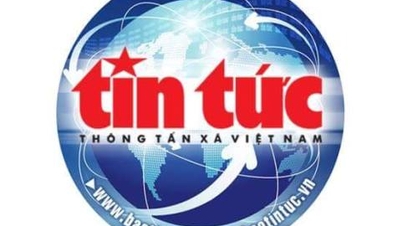



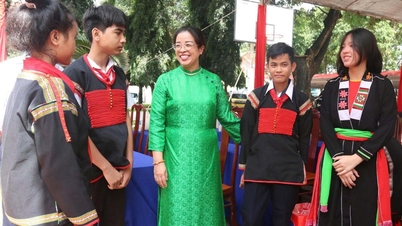

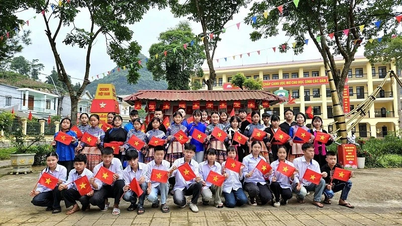

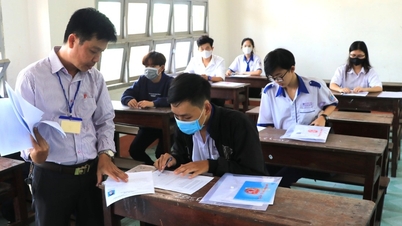

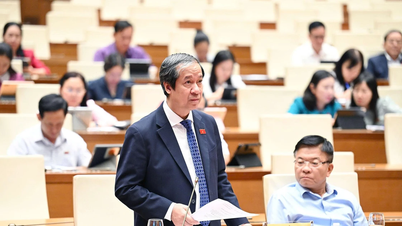



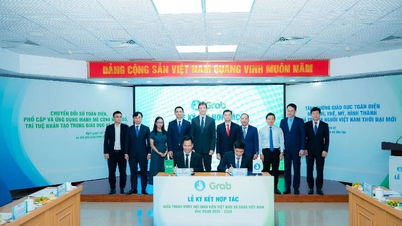





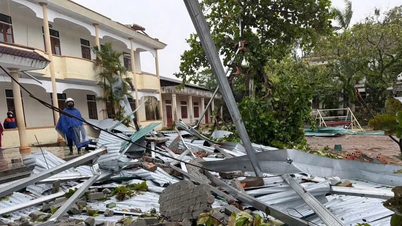
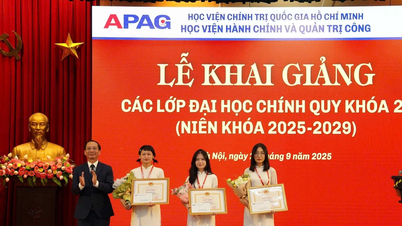
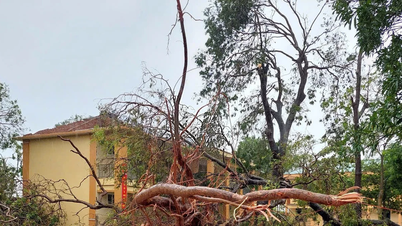
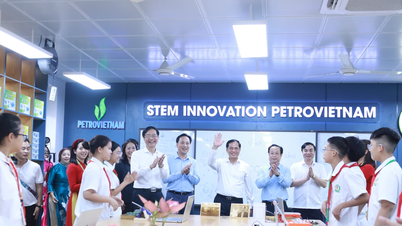
















































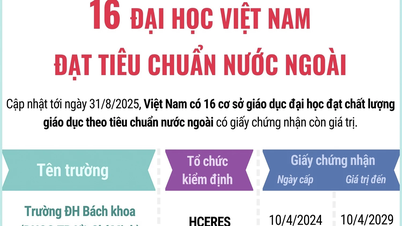




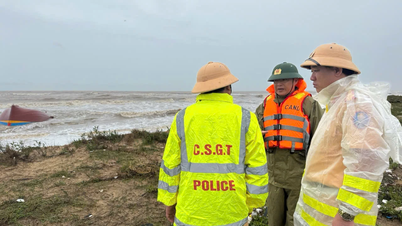

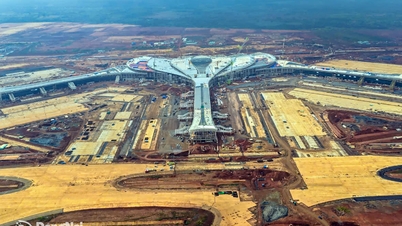













Comment (0)